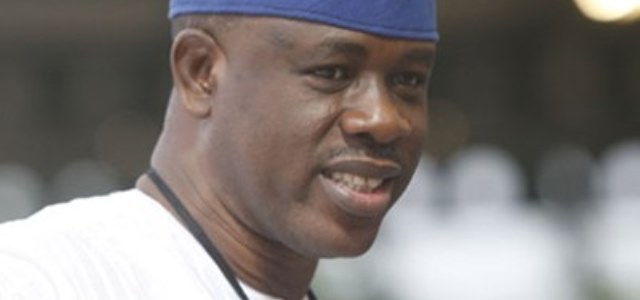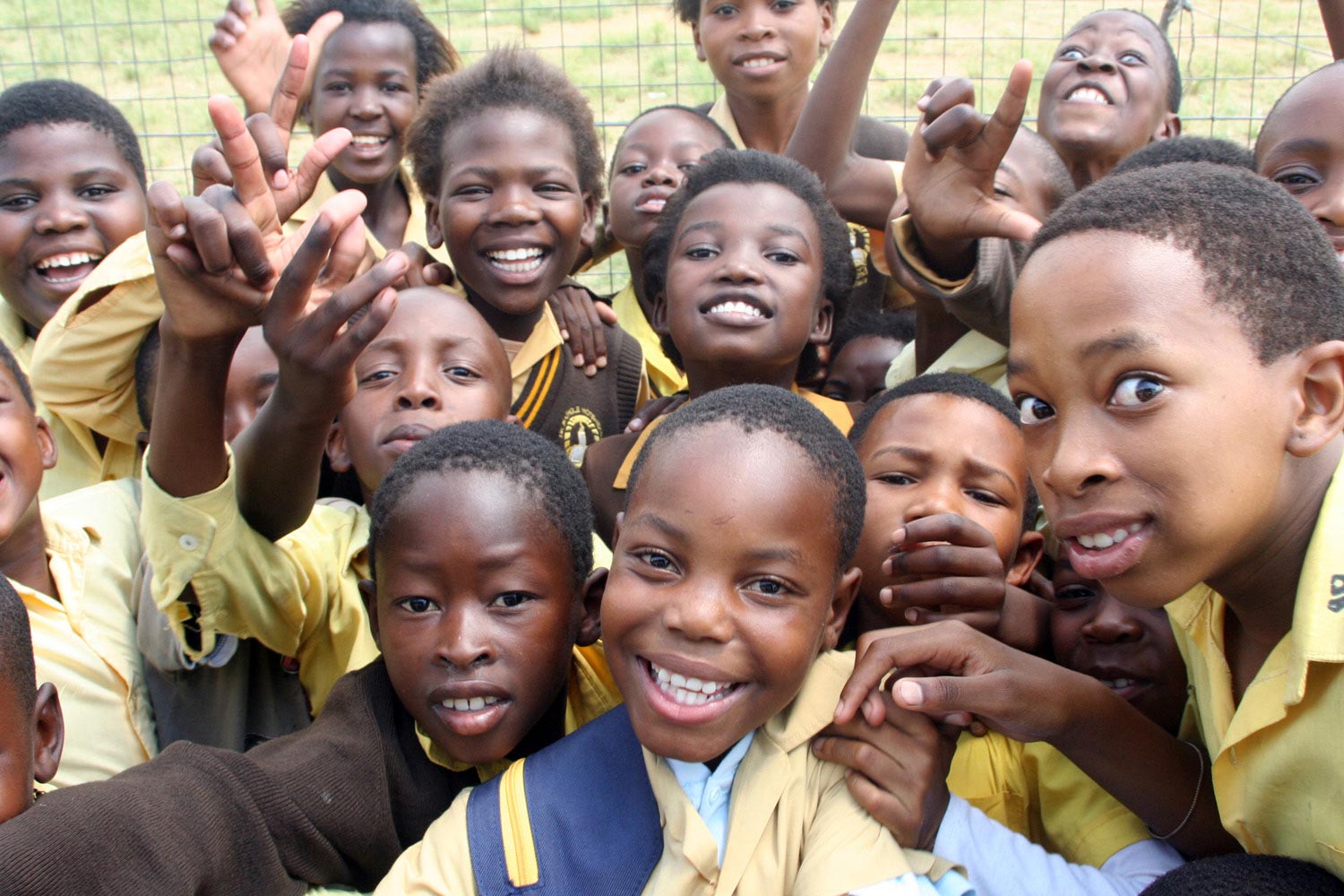by Musiliu Obanikoro
Globally, the strategic nature of security is constantly evolving. From the sea-pirates operating in the horn of Africa to the terror strikes in the Middle East to the Boston bombings in the United States, the challenge of security is global and no nation in the world is insulated.
Today in Nigeria, we are engaged in a counter-insurgency war against Boko Haram, an unprecedented challenge which requires a radical approach, a new way of thinking and a depth of understanding of the issues at stake beyond military operations or the efforts of the Federal Government alone.
Without doubt, security is an enabler of national development. There can be no sustainable development without peace and security. Increasingly, security and development concerns have become interlinked. Today, governments across the world and international institutions are becoming more aware of the need to integrate security and development programmes in their policy interventions.

Under the current Transformation Agenda of President Goodluck Jonathan, so much is being done across sectors towards transforming Nigeria into one of the top 20 economies of the world. This is what makes the Boko Haram insurgency an unfortunate distraction in the efforts of our government to deliver dividends of democracy to the Nigerian people.
But a flipside to the foregoing scenario suggests that without development, there cannot be peace and security. Proponents of this school of thought believe that peace and security are a direct consequence of real development.
In 2004, the German Federal Ministry for Economic Cooperation and Development observed that “Twenty of the world’s poorest countries are engaged in an armed conflict. This statistic shows that the poorer a country, the greater its risk of violent conflict. Research by the World Bank and others also reveals that a country with an annual per capita income of 250 US dollars has a 15 percent chance of civil war within five years, whereas in a country with an annual per capita income of 5,000 US dollars, the probability is less than 1 percent.”
Whatever the perspective, the pertinent questions are tough and real, not just for the Federal Government, but for our state governments, local governments, community leaders, religious leaders, families and citizens in general. We must begin to ask ourselves; where have we failed? What is missing in our development efforts as a nation? Are the state and local governments doing their part to complement the efforts of the central government? Are we focusing on politics more than real development? What happened to our core values as a people? What amount of poverty, frustration or religious fanaticism justifies the mindless bloodshed we have seen in the wake of the Boko Haram insurgency?
Putting our current challenge with the Boko Haram insurgency in context, our security challenges have become realer than imagined. Let me emphasise here that this is not about Muslims versus Christians or Northerners versus Southerners.
They say ‘Boko Haram’ means “Western education is a sin.” Nothing can be further from the truth than such an ideological reasoning clearly rooted in confusion. Boko Haram has slaughtered many children in their sleep in schools in the North-East in the name of hatred for western education. Yet, the guns and ammunition used by these terrorists are products of western technology. To stretch the argument further, the question is: what really is western about Mathematics, Science and Technology? The leaders and sympathizers of Boko Haram should take time to study the evolution of education in world history. Someone needs to educate them and let them realize that Islam has no quarrel with education. Historians have been able to establish that the first university in the world was the Sankore University in Timbuktu, capital of Mali under the reign of the Islamic Emperor, Mansa Musa who was renowned for his promotion of education, trade and commerce in Mali.
I am a Muslim and clearly, there is nothing violent about the practice and religion of true Islam. Those killing and shedding innocent blood in the name of Islam have not read the Holy Qu’ran. They are misguided and I am using this opportunity to call on all my true Muslim brothers and sisters to denounce them.
What we are dealing with is a mass illiteracy and development crisis that has festered for years but is unfortunately being manipulated and politicized at the moment by some individuals for their selfish gains. We must stand up to them and let them know that Nigeria is bigger than any individual.
More than ever before, what we are confronting has metamorphosed from a “Northern problem” to a “Nigerian problem.” Everyone is now affected. The consequence of years of mass illiteracy and the politics of underdevelopment in the North has contributed to birthing the scourge called Boko Haram. Perhaps, it is for this reason that Northern leaders continue to come under harsh criticisms for their failure to consolidate development in that region over the years in spite of the leadership opportunities that have come to that part of the country.
As we continue to explore the strategies of a military operation in putting an end to the Boko Haram insurgency, we must find a way to design a developmental rescue programme that puts education and agriculture at the heart of such an intervention.
In the area of agriculture, the north is blessed with hundreds of thousands of hectares of land that can be harnessed for farming with the opportunity of productively engaging hundreds of thousands of idle youths who have become willing tools in the hands of manipulative politicians.
According to the great Madiba, Nelson Mandela, “education is the most powerful weapon that you can use to change the world.” Nigeria can never achieve greatness if any part of this country is left behind in education. Statistics have shown that in the last ten years, Imo state alone produces more JAMB applications than all the twelve states in the North-East and North-West combined. Independent non-governmental researches have also established that Kebbi, Sokoto, Bauchi, Jigawa, Yobe, Zamfara, Katsina, and Gombe states have Nigeria’s worst girl child education and highest female illiteracy. The ten states with the highest number of girls not in secondary school are found in the North, and these ten states, along with Kano, have the highest percentage of female ages between 15 to 24 years who cannot read or write.
Another example is the adult literacy level. The adult literacy level in 2010, revealed that Lagos State had 80.5 per cent, Abia State with 78.2 per cent, Kaduna State with 53.5 per cent and Yobe State with 24.2 per cent. It is evident from these facts that an educational vacuum may have been accidentally created and logical to assume that Boko Haram is exploiting the vacuum to pursue its subversive ideology.
Let me state at this juncture that security has evolved beyond a military responsibility alone. I want to use this platform to call on all Nigerians citizens to support the military by constantly exhibiting confidence in their abilities and providing them useful information that makes their work easier.
Our political leaders, irrespective of their party affiliation, must now band together to defeat what is clearly our common enemy. Politicians must begin to weigh their statements more carefully. Politicizing the war against Boko Haram is causing a lot of trouble for us as a nation. This is not a Federal Government war. This is not a PDP war. This is not a President Jonathan war. This is about every single Nigerian citizen!
The role of the state and local governments cannot be over-emphasized. I am particular about the local government unit of our national life, which is currently being eroded. For real development to cascade from the top to the grassroots, we must bring back the local governments and allow them the autonomy and financial independence that they need to thrive. With a functional local government in place, it becomes easier for our security agencies to work with our local communities in dealing with insurgency and other security challenges.
Our religious leaders, community leaders and our family systems have a key role to play. We must continue to demonise and condemn all criminal acts in our society, especially terrorism. Terrorism is alien to the true Nigerian spirit. Our traditional and community leaders, especially those in the North must take a cue from how Nigeria to a large extent, solved the problem of the Niger Delta insurgency. It would not have been possible without the support of the traditional and community leaders and other stakeholders in the Niger Delta.
For the media, their role is to be the watchdog and conscience of society. Every time we devote our front-page headlines to the activities of terrorists, we provide them the psychological impetus to continue in their acts of terror.
For us in government and the military, we must constantly remember that counter-insurgency is the art of winning public support. Therefore, we must be ready to work with civil society organisations and engage in community diplomacy and peace building. We must protect and defend the rights of our citizens to peaceful and lawful protests, and we must continue to ensure that we never harm civilians and show respect for our citizens in all our military operations.
Perhaps, more than ever before, the time has also come for us to review and rethink the Nigerian Military in order to reposition it to meet with the contemporary needs of military strategy. Our Government must continue to support the military in funding, efficient management, military hardware, capacity development and welfare. As I have recently advocated, I am committed to midwifing a reform process that will bring together key stakeholders in the military, the executive and legislative arms of Government as well as selected private sector people to help retool the Nigerian Military.
Conclusively, it is instructive to note that our military alone cannot win this war. Diplomacy alone cannot win this war. Development alone cannot win this war. Only a right combination of the politics of military tactics, diplomacy, true patriotism from every Nigerian and development can lead us out of this wilderness of terror and insecurity.
Excerpts from a Keynote Lecture on “Security and National Development” by Senator Musiliu Obanikoro, Honourable Minister of State for Defence, on the occasion of The 2nd Professor Celestine Onwuliri Memorial Lecture on Thursday, 5th June, 2014, Owerri, Imo State
The opinions expressed in this article are solely those of the author.







